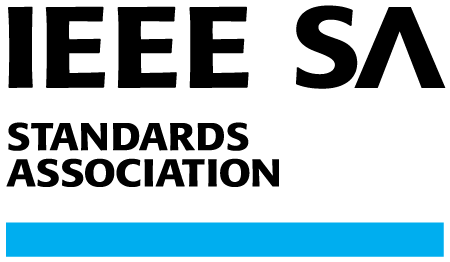The group has a formal meeting every other week, with an agenda, minutes and voting. This week it is less formal with presentations. This is part of the process of the participants getting used to each other as well as their approach to the topic. This is important in standards work where a global disparate group has to agree on something.
Some example of a use case I suggested were:
The importance of defining levels in education. One is the Australian Qualifications Framework (AQF) with ten levels, with 10 the highest (a doctorate).
Another use case which might be useful is micro-credentials, mentioned in the Blockchain Challenges for Australia report from the Australian Computer Society (ACS, p.22, 2019). There may be many more micro-credentials defined made up of components, with different institutions involved, than conventional qualifications. This could require the automated handling of these, for example to check if a student has the prerequisites for further study, or they are qualified to do a job.
One I am working on now is the tools needed for assessment. I want to have students maintain an electronic logbook which records when they make an entry with a tamper-proof timestamp.
Professor Rory McGreal, who taught me open educational resources (OER) at Athabasca University, has proposed the use of blockchain for their dissemination. It would be useful to be able to automatically assemble a set of resources using search parameters.
The Australian government maintains a database of 1,300 recognized vocational qualifications, the 16,000 units of competency they are assembled from and who provides them.
An item of metadata which might be more controversial is the quality of a unit of education. Universities obsessively monitor their rankings, on the assumption this influences enrollment.

No comments:
Post a Comment